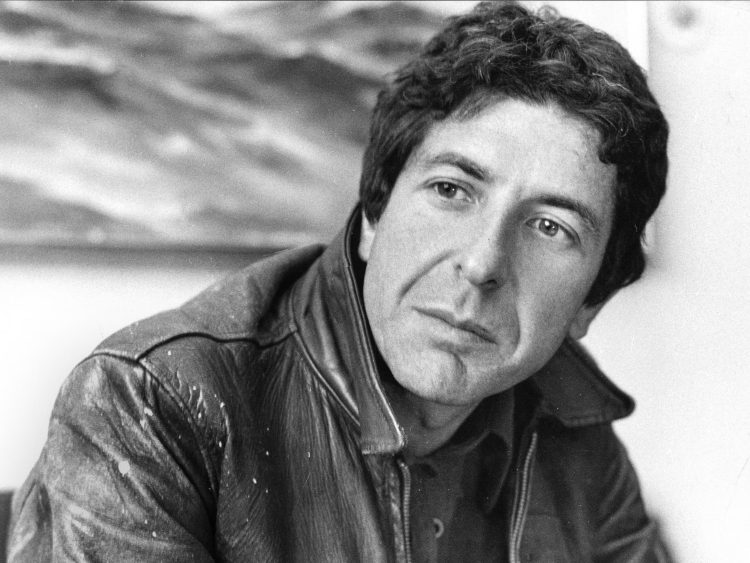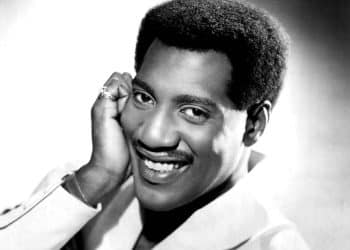Leonard Cohen was a Canadian singer-songwriter, poet, and novelist who rose to prominence in the 1960s and became known for his distinctive voice and introspective lyrics. He was a master of both poetry and music and is considered one of the greatest lyricists of all time.
Cohen’s songs often dealt with themes of love, spirituality, politics, and the human condition. He released numerous albums throughout his career and earned many accolades, including induction into the Rock and Roll Hall of Fame and the Order of Canada.
In this list, we will explore the 10 best Leonard Cohen songs of all time, which showcase his poetic lyrics, haunting melodies, and profound insights into the human experience.
1. Hallelujah
“Hallelujah” is an iconic ballad that has captured the hearts of many listeners since its release in 1984. The song features Cohen’s distinctive raspy voice accompanied by a simple yet haunting melody on guitar and keyboard. “Hallelujah” is a meditation on love, heartbreak, and spirituality, with lyrics that blend biblical references with Cohen’s own poetic musings. The song’s chorus, which repeats the word “Hallelujah,” has become a universal expression of joy, hope, and transcendence.
2. Suzanne
“Suzanne” is a classic Leonard Cohen song from his debut album “Songs of Leonard Cohen” released in 1967. The song was inspired by Suzanne Verdal, a woman that Cohen met and became close with while living in Montreal. The lyrics describe a surreal and dreamlike encounter with Suzanne, using vivid imagery and metaphors to paint a picture of her and their relationship. The song is a perfect showcase for Cohen’s signature poetic style, with his deep and soulful voice carrying the emotional weight of the lyrics.
3. Bird on a Wire
“Bird on a Wire” is a song by Leonard Cohen released in 1969, which has become one of his most popular and enduring compositions. The song is characterized by its simple, yet powerful melody and Cohen’s deep, resonant vocals. The lyrics are deeply personal, reflecting Cohen’s own sense of alienation and longing for connection, and touch on themes such as freedom, faith, and hope. The song has been covered by numerous artists, including Joe Cocker and Johnny Cash, and has been featured in several films and television shows.
4. Dance Me to the End of Love
“Dance Me to the End of Love” is a beautiful and haunting ballad by Leonard Cohen. The song features his signature deep, velvety voice and a melancholic melody with a touch of jazz. The lyrics evoke a sense of longing and desire, with imagery of dancing until the end of time. The song is often interpreted as a metaphor for the Holocaust and the power of music to provide solace and hope even in the darkest of times. The combination of Cohen’s evocative lyrics and soulful delivery make “Dance Me to the End of Love” a standout track in his impressive body of work.
5. Famous Blue Raincoat
“Famous Blue Raincoat” is a song by Leonard Cohen, released on his 1971 album “Songs of Love and Hate.” The song is known for its melancholic tone and poetic lyrics that evoke feelings of nostalgia and longing. The song’s protagonist is writing a letter to his estranged friend and rival, the titular “Famous Blue Raincoat,” about his affair with the friend’s wife. The song’s lyrics are full of vivid imagery, with Cohen describing the raincoat as “torn at the shoulder” and the affair as a “sailor’s suit.”
6. So Long, Marianne
“So Long, Marianne” is a poignant love song by Leonard Cohen, released on his debut album, “Songs of Leonard Cohen,” in 1967. The song is addressed to Marianne Ihlen, Cohen’s former lover and muse, and was written while the two were living together on the Greek island of Hydra in the mid-1960s. The lyrics are filled with bittersweet memories of their time together, capturing the essence of a love affair that has come to an end but is still cherished. The gentle acoustic guitar and Cohen’s distinctive voice combine to create a haunting and deeply moving track that has become one of the most beloved songs in Cohen’s extensive catalogue.
7. Chelsea Hotel #2
“Chelsea Hotel #2” is a song by Leonard Cohen that was released in 1974 on his album “New Skin for the Old Ceremony”. The song is a recounting of Cohen’s sexual encounter with the singer Janis Joplin in the Chelsea Hotel in New York City. The lyrics are emotional and personal, with Cohen’s characteristic poetic style shining through. The song has a sparse, acoustic arrangement that perfectly complements Cohen’s deep, gravelly voice. Despite the subject matter, the song is not overtly sexual or explicit, instead focusing on the emotional connection between Cohen and Joplin. ”
8. Everybody Knows
“Everybody Knows” is a haunting and powerful song by Leonard Cohen. Released in 1988, the song is characterized by its dark and brooding atmosphere, which is perfectly complemented by Cohen’s gravelly voice. The lyrics are a scathing indictment of the state of the world, and Cohen pulls no punches in his critique of modern society. From the opening lines, “Everybody knows that the dice are loaded, everybody rolls with their fingers crossed,” to the final refrain, “Everybody knows that you’ve been faithful, ah, give or take a night or two,” the song is a searing commentary on the human condition.
9. Anthem
“Anthem” is a song by Leonard Cohen, released on his 1992 album “The Future.” It’s a powerful and inspiring track, with lyrics that touch on themes of hope, perseverance, and the human spirit. The song’s memorable chorus, “Ring the bells that still can ring, forget your perfect offering, there is a crack in everything, that’s how the light gets in,” has become a beloved and frequently quoted passage among Cohen’s fans. “Anthem” features Cohen’s signature poetic lyricism, paired with a haunting melody and a strong vocal performance that conveys the song’s message of resilience and determination.
10. First We Take Manhattan
“First We Take Manhattan” is a dark and moody song by Leonard Cohen that features an electronic beat and intense vocals. It was released in 1988 and was inspired by a book called “The Executioner’s Song” by Norman Mailer. The song has a political undertone, with lyrics about a takeover of a city and the establishment of a new order. The chorus features the iconic line, “First we take Manhattan, then we take Berlin,” which has become synonymous with the song. The track’s pulsating rhythm, haunting melody, and Cohen’s deep, gravelly voice make it a standout in his discography.








